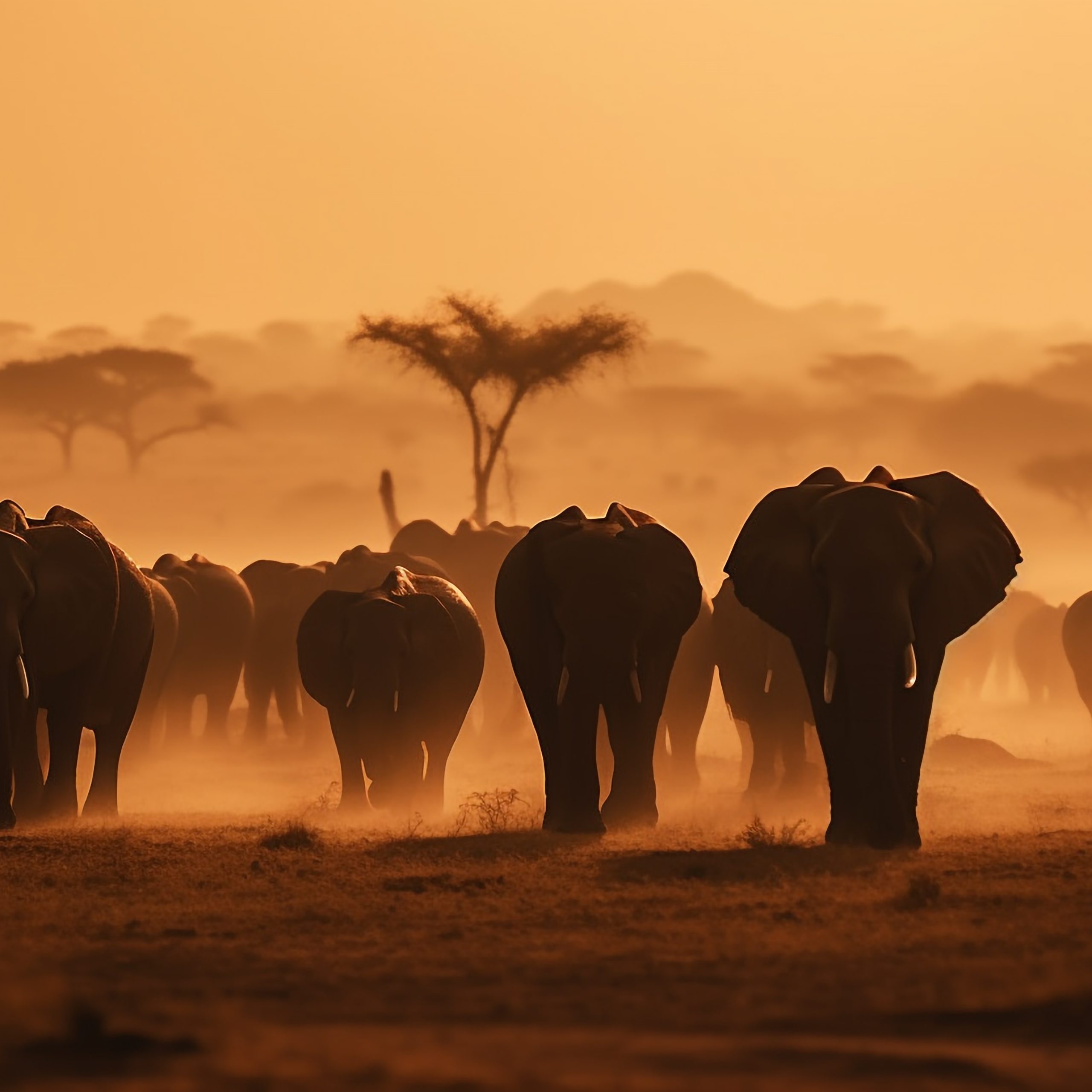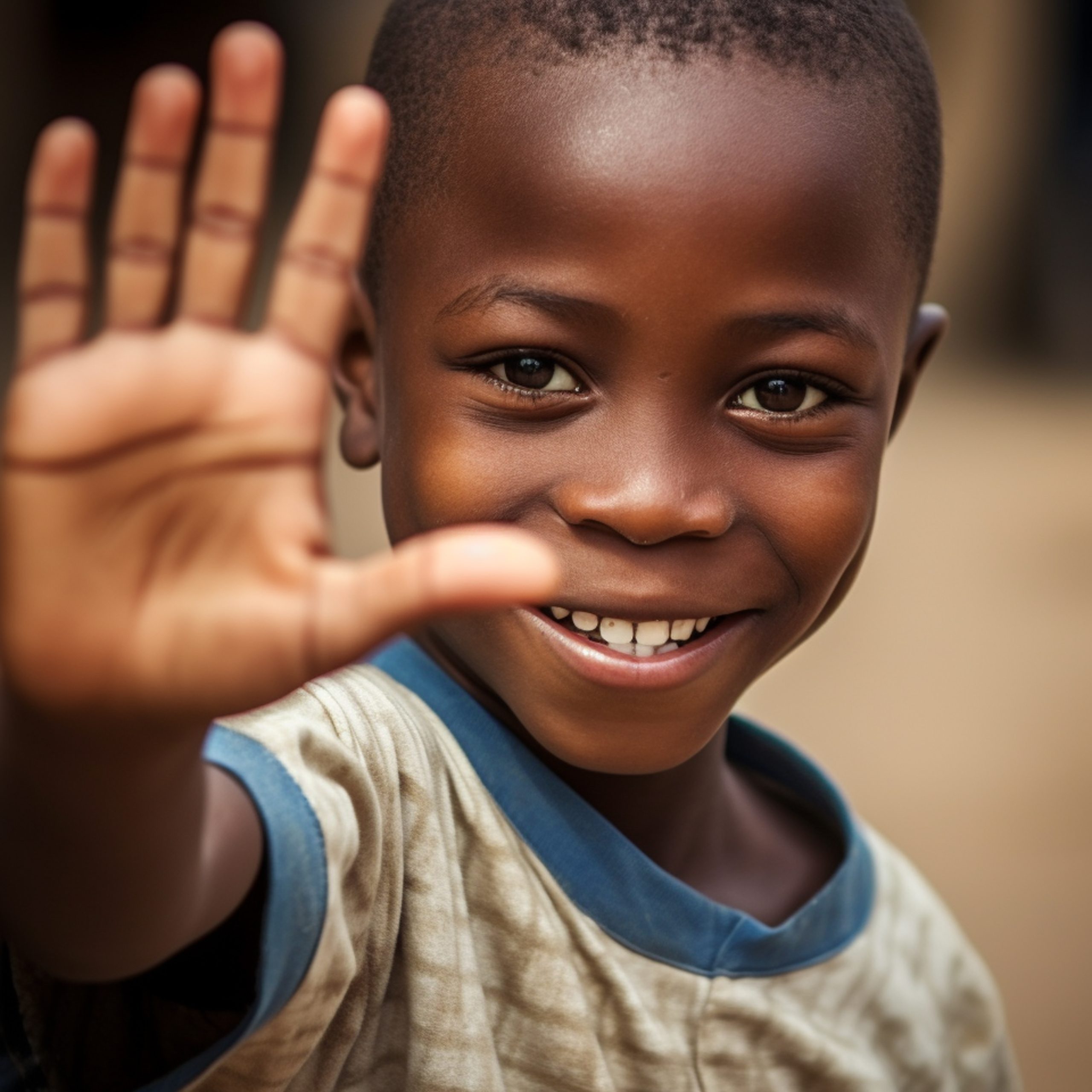Investing in women’s sport in the DRC : : a driving force for change
Nelson Mandela famously said-” Sport has the power to change the world. It has the power to unite people in a way little else does. Sports can awaken hope where there was previously only despair. Sports speak to people in a language they can understand.”
Women’s sport, while experiencing significant growth worldwide over the years, continues to face numerous challenges in the DRC. On January 24, 2024, as the world celebrated the International Day of Women’s sport, it is crucial to highlight the often-neglected situation of women’s sports in the Democratic Republic of Congo. Despite global progress in gender equality in sport, Congolese women continue to face significant challenges being constrained by a variety of socio-cultural, economic, and political factors, ranging from limited access to sports facilities to systemic discrimination.
Our women’s sport has long been relegated to the background, suffering from neglect and a lack of exploitation compared to men’s sport. This situation has a profound impact on the development, empowerment and recognition of women in the country. Despite the international success of some Congolese female athletes, the overall potential of Congolese women’s sport remains largely under-exploited.

Challenges & Inequalities: Talented, unrecognized and under-exploited athletes
Women across the country are breaking down barriers and challenging stereotypes by actively participating in sports such as soccer, tennis, basketball, karate, judo, boxing and the traditional “Nzango” dance. Despite their dedication and remarkable talent, these women are victims of significant neglect and lack of recognition in the DRC’s sporting landscape.
These challenges are exacerbated by issues specific to the local context. Social prejudice limits opportunities for female athletes, relegating them to a secondary status compared to their male counterparts, and gender stereotypes continue to play a dominant role, discouraging girls and women from engaging in sporting disciplines. These stereotypes perpetuate the idea that sport is primarily a male activity, relegating women to the background. As a result, opportunities, media visibility and investment in women’s sport remain well below that accorded to men’s sport.
Lack of funding, infrastructure and media coverage, as well as barriers related to safety, access to equipment and inequalities in training and competition opportunities, mean that women footballers are often left to fend for themselves. Many talented players go unrecognized, and those who do have the opportunity to showcase their talents often struggle to find the support and resources they need to pursue their careers.
Since the Games of La Francophonie last took place from July 28 to August 6, 2023, the DRC has enthusiastically celebrated the performances of its athletes, including Rosita MULAMBAVU, winner of the bronze medal in the javelin throw, and Natacha Ngoye Akamabi, winner of the bronze medal in the 100 m at the said games, among the 34 medals won, ranking 9th overall at these 9th Games of La Francophonie.

“We didn’t benefit from any real support to motivate us in this competition, but nevertheless we did the essential and we’re proud of what we won. But if the government doesn’t provide for the needs of the athletes as it should, I fear for the future of athletics in the DRC”, said athlete Rosita MULAMBAVU at the 9th Jeux de la Francophonie.
These games have undeniably highlighted the talent and determination of Congolese sportswomen. Yet, despite these successes, the challenges facing women in sport remain numerous to this day and are largely marginalized, with a consequent lack of support for its development. Not only is financial and infrastructural support largely insufficient, but there is also a glaring lack of agreements to promote and foster the development of women’s sport.
In sum, while the Games of La Francophonie showcased the talent of Congolese sportswomen, they also highlighted the urgent need to tackle the persistent challenges facing women’s sport in the DRC in all recognized disciplines.
Indeed, basketball has captured the hearts of many Congolese women, who demonstrate great skill and passion for the sport. However, the absence of structured leagues and training programs adapted to women’s basketball has resulted in a lack of opportunities for talented players to showcase their abilities on a larger stage. This neglect not only hinders the personal development of these athletes, but also deprives the nation of potential sporting icons and role models, despite the fact that the country’s participation, through its women’s team, in several continental basketball competitions over a period of time has influenced the FIBA World Ranking Women, ranking Congolese basketball players 9th in Africa and 71st worldwide with 88.3 points, ahead of the Kenyans 10th in Africa and 73rd in the world.
In tennis, an ambassador by the name of Noëlla Mukendi was appointed in 2021 by the world tennis governing body, but without any real progress in the discipline.
One of the few stars to shine abroad, Olga Tshilombo, who has signed up with Young Africans and lived through some cruel times playing in her homeland, declared in 2022: “As women’s footballers, we’ve got our work cut out for us. It’s going to take us a long time for women’s soccer to reach the same level as men’s. All we can do to be a little organized, to have a little value, is to sponsor the championship and pay attention to the girls”. Two years later, the country has seen its women’s team qualify for its 3rd Women’s CAN finals, to be held in Morocco in 2024, still hoping for almost the same level of promotion as the men’s team and greater investment than has been received to date, demonstrating that progress is always made at a snail’s pace.
In addition to these better-known sports, “Nzango”, a traditional Congolese dance form, is also of considerable cultural and historical importance. Players take turns to compete individually, scoring points with their feet. The latter are preceded by jumps, and the foot must oppose that of the opponent. The rhythm of the game is set by all participants, who sing and clap their hands. In recent years, an increasing number of women have adopted “Nzango” as a form of physical expression and Community bonding. Despite its cultural importance, a lack of institutional support and investment means that the talents and efforts of these women often go unnoticed and uncelebrated, even though it could be an emerging discipline and an opportunity to promote this sport specific to Congolese culture.
Hanging the game: The emergence of Congolese female talent
Women’s sport offers many opportunities, both for individual athletes and for society as a whole. Women’s participation in sport contributes to empowerment, promotes health, builds self-confidence and creates positive role models for young girls. In addition, women’s sport can act as a catalyst for social change, promoting gender equality and providing a platform for diversity and inclusion.
The desire of athletes across the country to be able to develop in their chosen field is present, and with access to quality equipment, professional coaching staff and advice, and adequate training facilities, budding female athletes will be able to pursue their sporting dreams unhindered.
To overcome this neglect, concrete steps need to be taken. It is essential to invest in suitable sports facilities, to ensure equitable access to resources and to actively promote the participation of women in all sporting disciplines. In addition, greater awareness of the importance of women’s sport and balanced media coverage are needed to change perceptions and encourage greater support.
By joining forces, the authorities, sports organizations, the media and civil society can work together to create an environment in which women’s sport can thrive, giving Congolese female athletes the opportunities and support they deserve.



